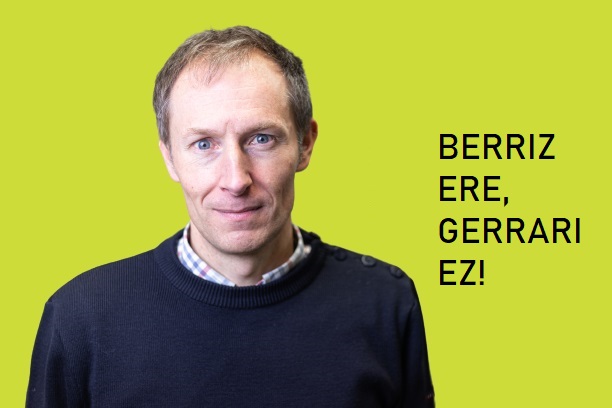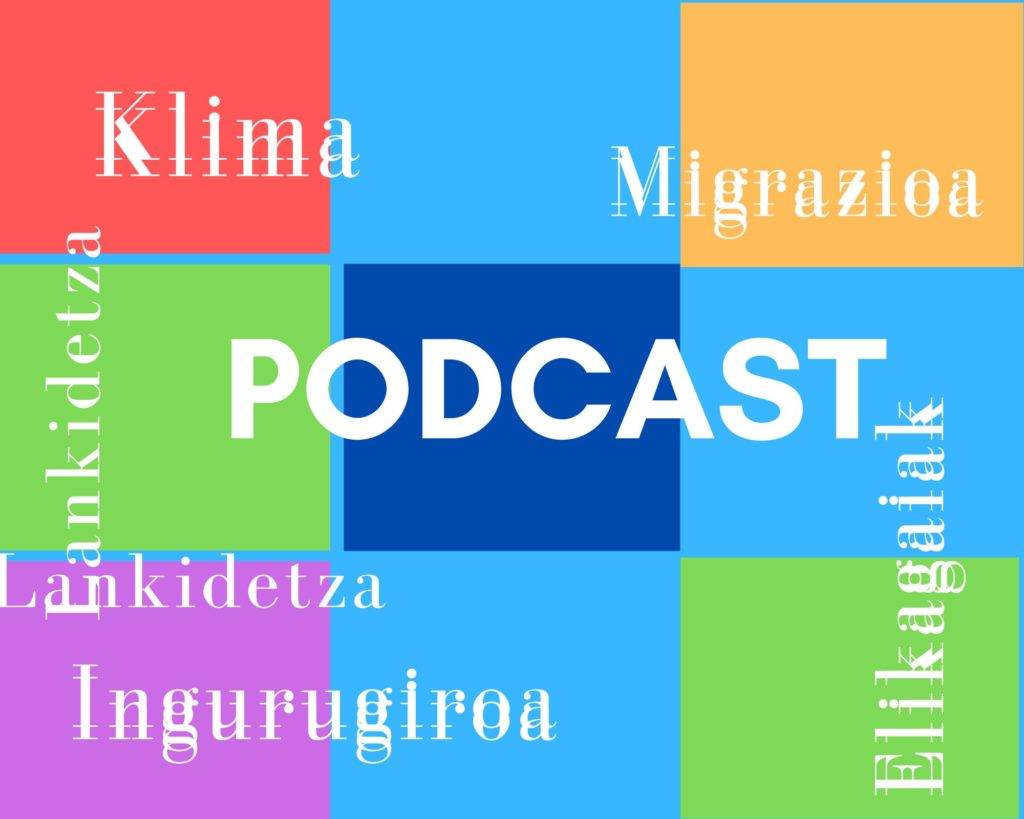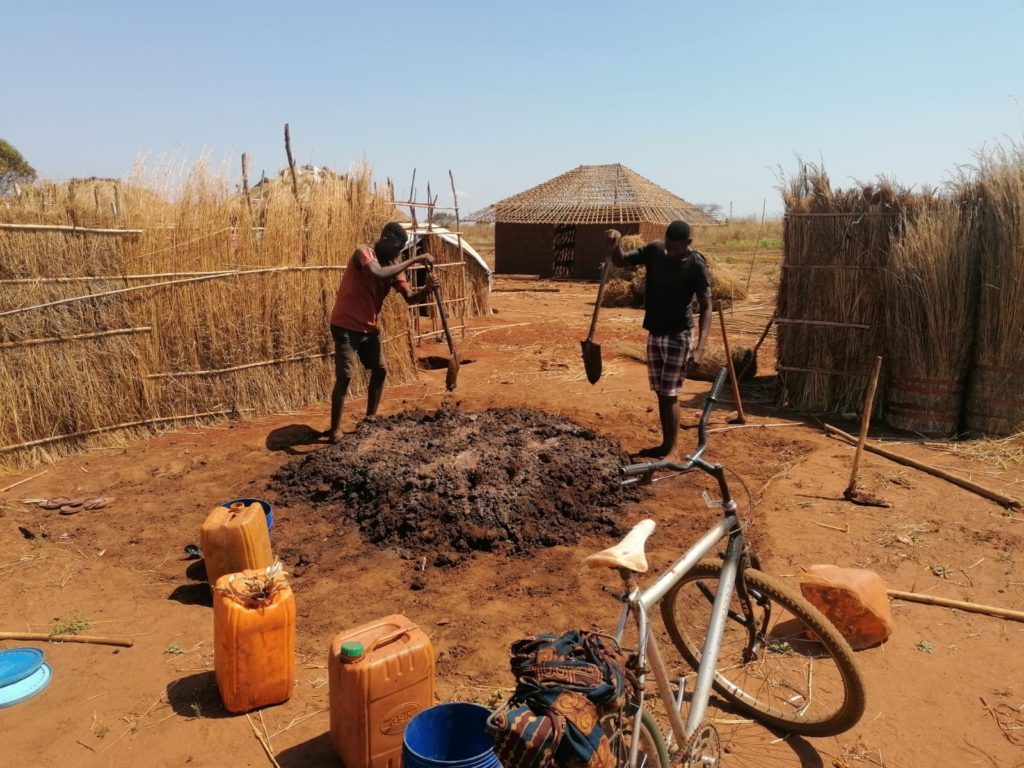When I was preparing the article, the war in Ukraine was beginning. Now the bombings and the deaths are in Europe and that is why we receive information every day.
Of course, unfortunately, the one in Ukraine is not the only war in the world. In Mozambique, where Mundukide works, and also in Ethiopia, there are conflicts and in Colombia peasants are murdered every day.
In fact, according to data from the Uppsala University Peace and Conflict Research Department, in 2020 there were more than 80,100 deaths from organized violence. The data program recorded a record number of 56 conflicts in the State in 2020, including eight wars. Most of the conflicts occurred in Africa, where 30 state conflicts were recorded in the region, including nine new or renewed ones.
For this reason, like the Coordinator of NGDOs of Euskadi, Mundukide joins the communication of the Coordinator of NGDOs of the Spanish State.
The war in Ukraine, as in all wars, will have terrible consequences on the civilian population. Therefore, we want to show our solidarity with the victims of the attacks of these days, as well as with the civilian population who fear for their lives.
We not only ask that the military rise be stopped, but that the violence cease. All the agents involved in this conflict must stop the attacks and the possible armed responses and initiate an immediate and real process of dialogue and peace to guarantee International Humanitarian Law. Human rights must be guaranteed and the civilian population, especially children, civil infrastructure, schools and hospitals must be protected.
Before this conflict, the situation was very worrying, there were almost three million people in need of humanitarian attention. The NGOs present in the region and those that work with local entities have expressed their concern to us about the outcome that has occurred in recent weeks and the possible increase in humanitarian needs. The execution of International Humanitarian Law must guarantee the support of United Nations agencies and organizations that work with local entities. It is necessary to guarantee the work of all of them in protected conditions.
Today more than ever, we want to remember that if we want peace we have to build peace. Many social organizations carry out long-term work to identify and denounce the real and structural causes of conflicts, so that they are not explained in order to transform them, demilitarize minds and promote a culture of peace. As organizations working for human rights, peace and humanitarian action, we ask that our views be taken into account in foreign policy. As an organized civil society we claim our role to promote peace and coexistence. The latter must be taken into account for any solution.
Political responsibility
The international community must shoulder its responsibility and pave the way for peace. We ask the European Union in general to act responsibly and stop this warlike trend. Our governments must take a step forward and bet on the end of the conflict.
There are more and more conflicts and they have to be tackled at the root. The war must be a last step that scares. For this reason, we defend processes of prevention, coexistence and a culture of peace. States and international structures must support these processes and count on the leading role of the civil society in which they are involved, especially since women have made great contributions to peace in all corners of the planet, as recognized by resolution 1325 of the United Nations.
Building and consolidating peace requires dialogue and patience, and it is a difficult process of profound transformations. Some agents that aim to promote peace must activate innovative mechanisms to stabilize it. In this sense, economic sanctions have shown that they rarely solve the causes of wars and structural problems, and that they can increase the suffering of civil society and increase the vulnerability of people to poverty and inequalities. For all these reasons, other alternatives must be offered to reverse this military rise to guarantee human rights.
We ask the media to act responsibly to avoid disinformation and propaganda, as well as to abandon the language of war and partial stories. In addition, we ask citizens to bear in mind that we are also in a disinformation war in the media and in cyberspace. We ask them to make a critical use of information and demand that journalism is not part of the war, but an active resource to achieve peace, that it offers rigorous, ethical and honest information to understand what is happening and that it helps empathize with the suffering caused by war.
Citizens as the situation requires
Once again, society opts for peace. In many places mobilizations have been called against the war, for peace and in solidarity with the victims. We encourage citizens to participate in some emerging calls. Governments must once again listen to our cry that peace is the only way.
Josu Urrutia Beristain-Director of Mundukide


